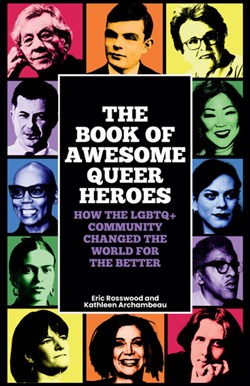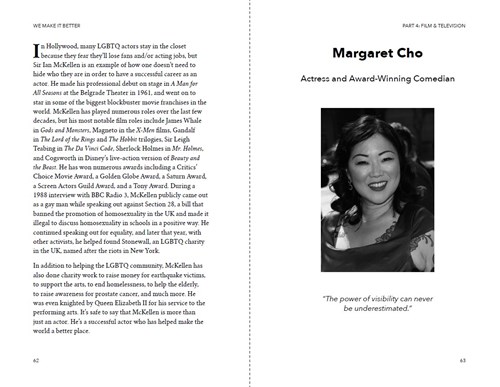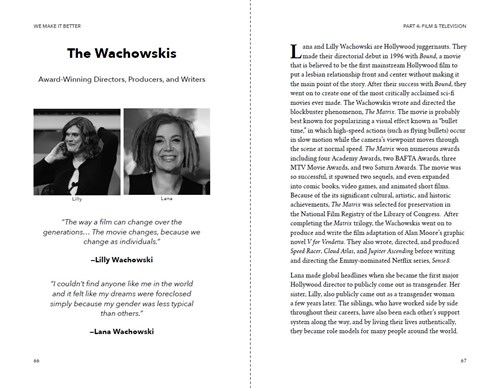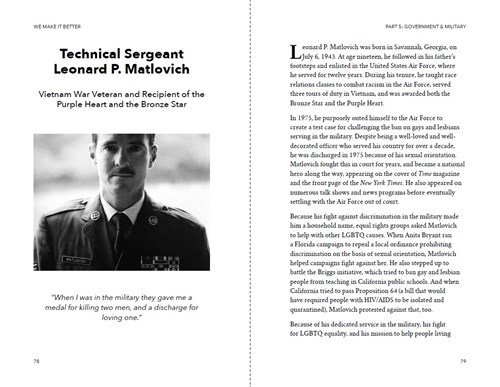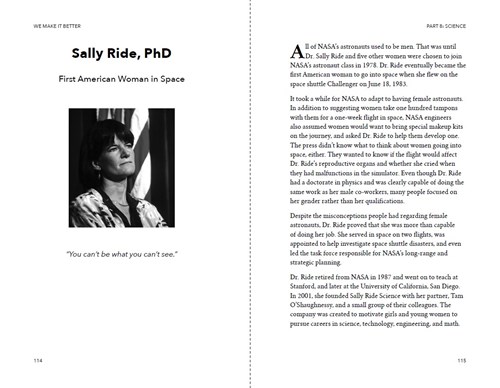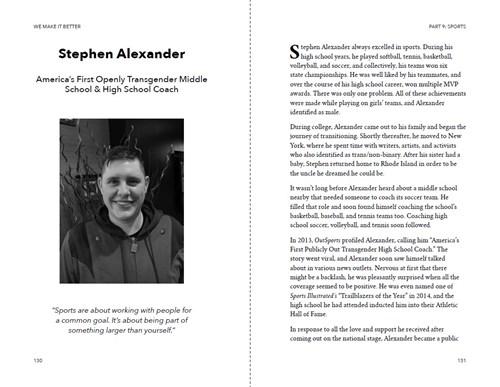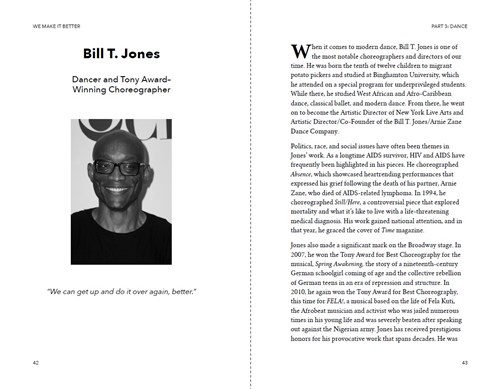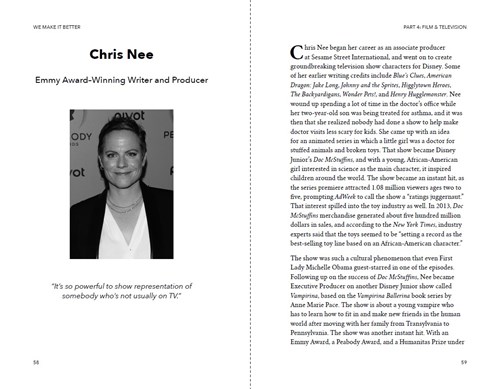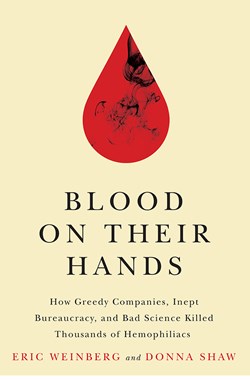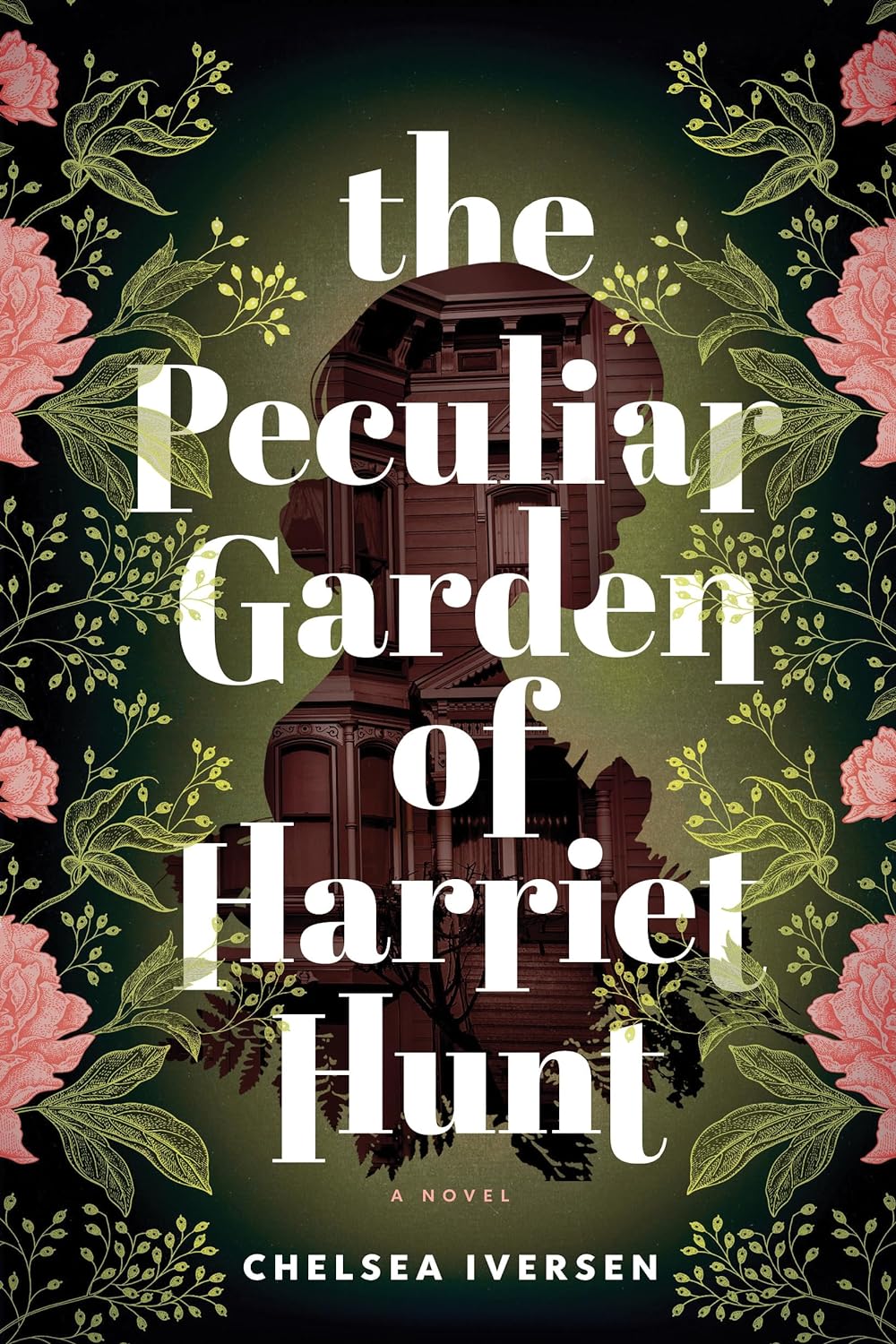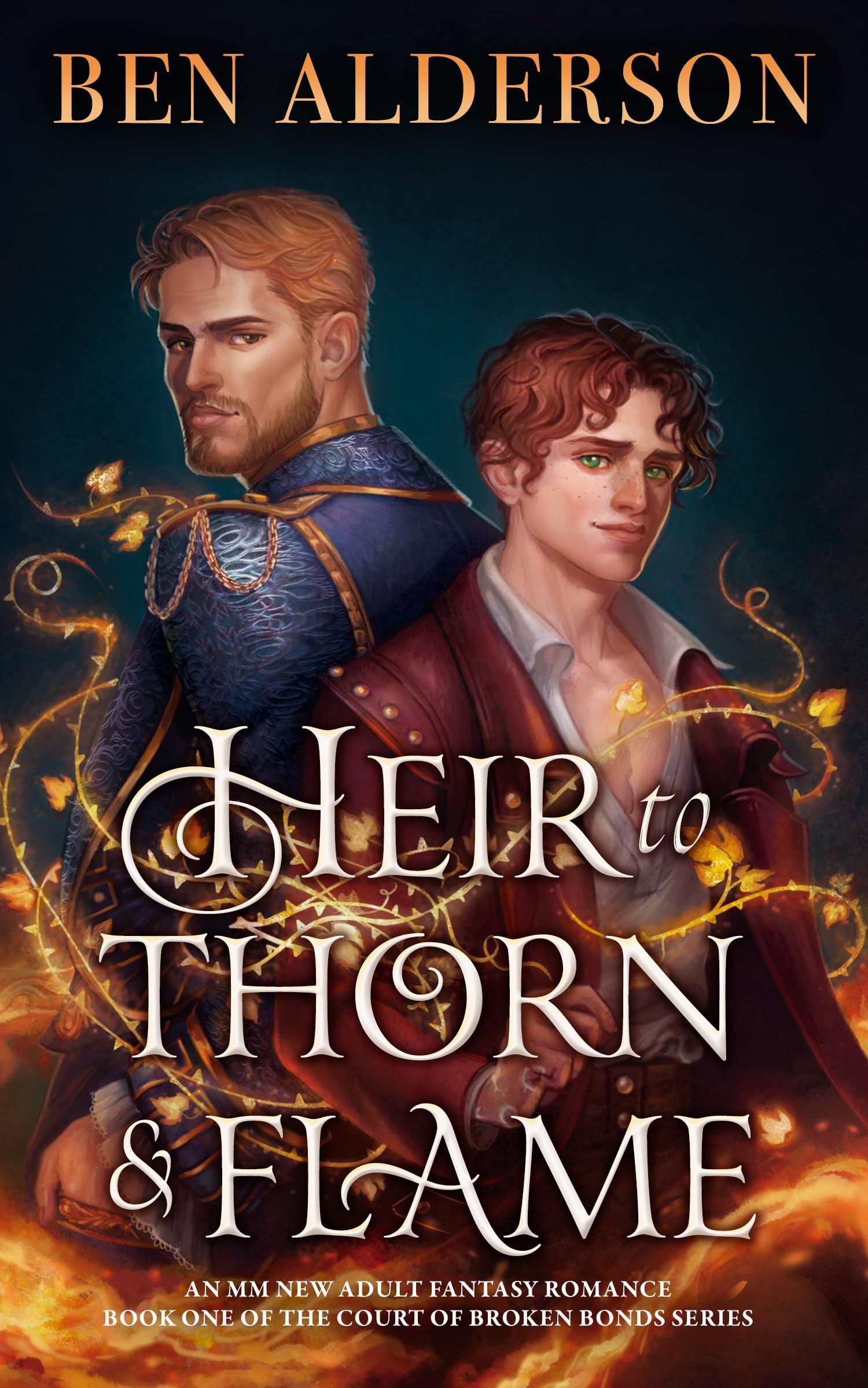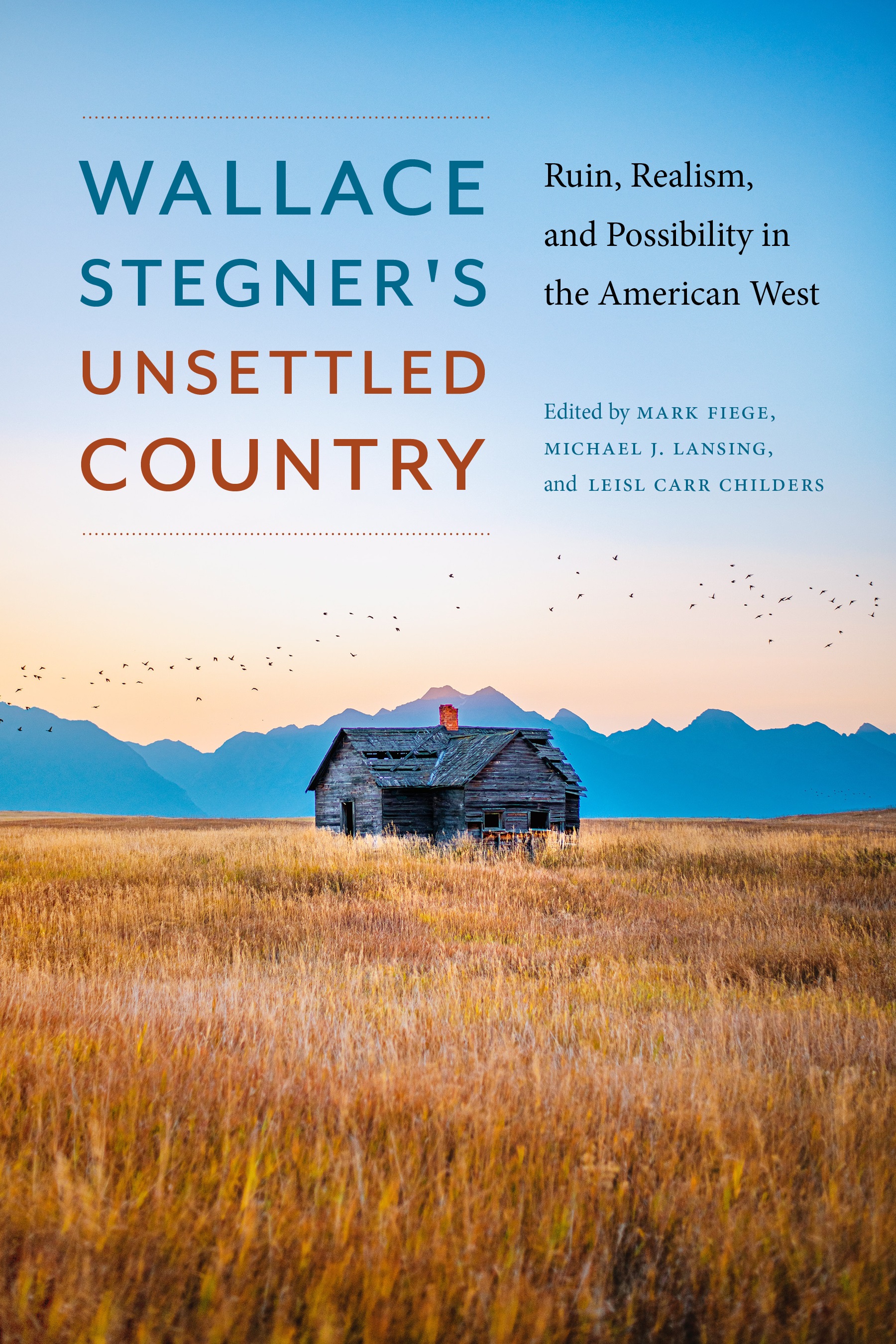
Enviable haul, no?
Now that The Big Day's come and gone, lots of us have some giftcards, or some actual filthy lucre, to spend. There being no better way to spend that haul than on books, here are some reasonably priced options you might not've thought of to get your story needs met.
++++++++++++++++++++++++++++++++++++++++++++++++++++++++++++++++
 Mala Vida: A Novel
Mala Vida: A Novel by Marc Fernandez (tr. Molly Grogan)
Rating: 3.5* of five
The Publisher Says: Almodovar meets Orwell in this acclaimed, fast-paced contemporary noir novel exposing the most shameful secrets of the Franco era—a finalist for the Grand Prix des Lectrices d’Elle
Present-day Spain, a time of economic crisis and resurgent populist nationalism. The radical right has just won the election after twelve years of Socialist rule. In the midst of this political upheaval, a series of murders is committed, taking place from Madrid to Barcelona to Valencia. The victims include a politician a real-estate lawyer, doctor, a banker, and a nun. There is no obvious connection between them.
As the country prepares for a return to a certain moral order, radio crime reporter Diego Martin is trying to keep his head above water in anticipation of the expected media purge. When he decides to look into the first murder, he doesn't have the faintest clue that his investigation will lead far beyond his local beat and put his life at risk. For what he uncovers exposes the roots of a national scandal: the theft of babies from the victims of the Franco regime, crimes—never prosecuted—that were orchestrated by now well-connected citizens who will do anything to avoid exposure.
I RECEIVED A DRC FROM THE PUBLISHER VIA EDELWEISS+. THANK YOU.
My Review: Seriously noir vision for how a radical-right takeover would look, and work, in a traumatized country. Transfem Ana is a private detective assisting resistance figures Diego, a talk-radio host, and lawyer Isabel, as they undermine the moral foundations of a horrific bunch of authoritarian hypocrites by exposing a vile, evil child-trafficking scheme.
Always look at what the sides accuse each other of; it's what they're doing. I'm sure nothing like that would ever happen here.
For legal reasons, that's all I'll say.
Arcade (
non-affiliate Amazon link) wants $16.99 for any edition.
++++++++++++++++++++++++++++++++++++++++++++++++++++++++++++++++
 His Bloody Project: Documents Relating to the Case of Roderick Macrae
His Bloody Project: Documents Relating to the Case of Roderick Macrae by Graeme Macrae Burnet
Rating: 3.5* of five
The Publisher Says: In the smash hit historical thriller that the
New York Times Book Review calls “thought provoking fiction,” a brutal triple murder in a remote Scottish farming community in 1869 leads to the arrest of seventeen-year-old Roderick Macrae. There is no question that Macrae committed this terrible act. What would lead such a shy and intelligent boy down this bloody path? And will he hang for his crime?
Presented as a collection of documents discovered by the author,
His Bloody Project opens with a series of police statements taken from the villagers of Culdie, Ross-shire. They offer conflicting impressions of the accused; one interviewee recalls Macrae as a gentle and quiet child, while another details him as evil and wicked. Chief among the papers is Roderick Macrae’s own memoirs where he outlines the series of events leading up to the murder in eloquent and affectless prose. There follow medical reports, psychological evaluations, a courtroom transcript from the trial, and other documents that throw both Macrae’s motive and his sanity into question.
Graeme Macrae Burnet’s multilayered narrative—centered around an unreliable narrator—will keep the reader guessing to the very end. His Bloody Project is a deeply imagined crime novel that is both thrilling and luridly entertaining from an exceptional new voice.
I RECEIVED A DRC FROM THE PUBLISHER VIA EDELWEISS+. THANK YOU.
My Review: Far more Real than mere reality is, this eight-year-old inquiry into the consequences of brutal oppression on the oppressed resonated with me then, and even moreso now. Fascinating structure of documentary evidence presented in a context you will need to parse for yourself. It gave the book an added element of investment and involvement.
I can't get to four stars because, in the end, I'm pretty familiar with this story of unreliable narrators who need careful watching, thoughtful parsing, and a lot of skepticism. Well-done iteration of a story I've read before.
Skyhorse Publishing (
non-affiliate Amazon link) offers a $12.99-on-Kindle version.
++++++++++++++++++++++++++++++++++++++++++++++++++++++++++++++++
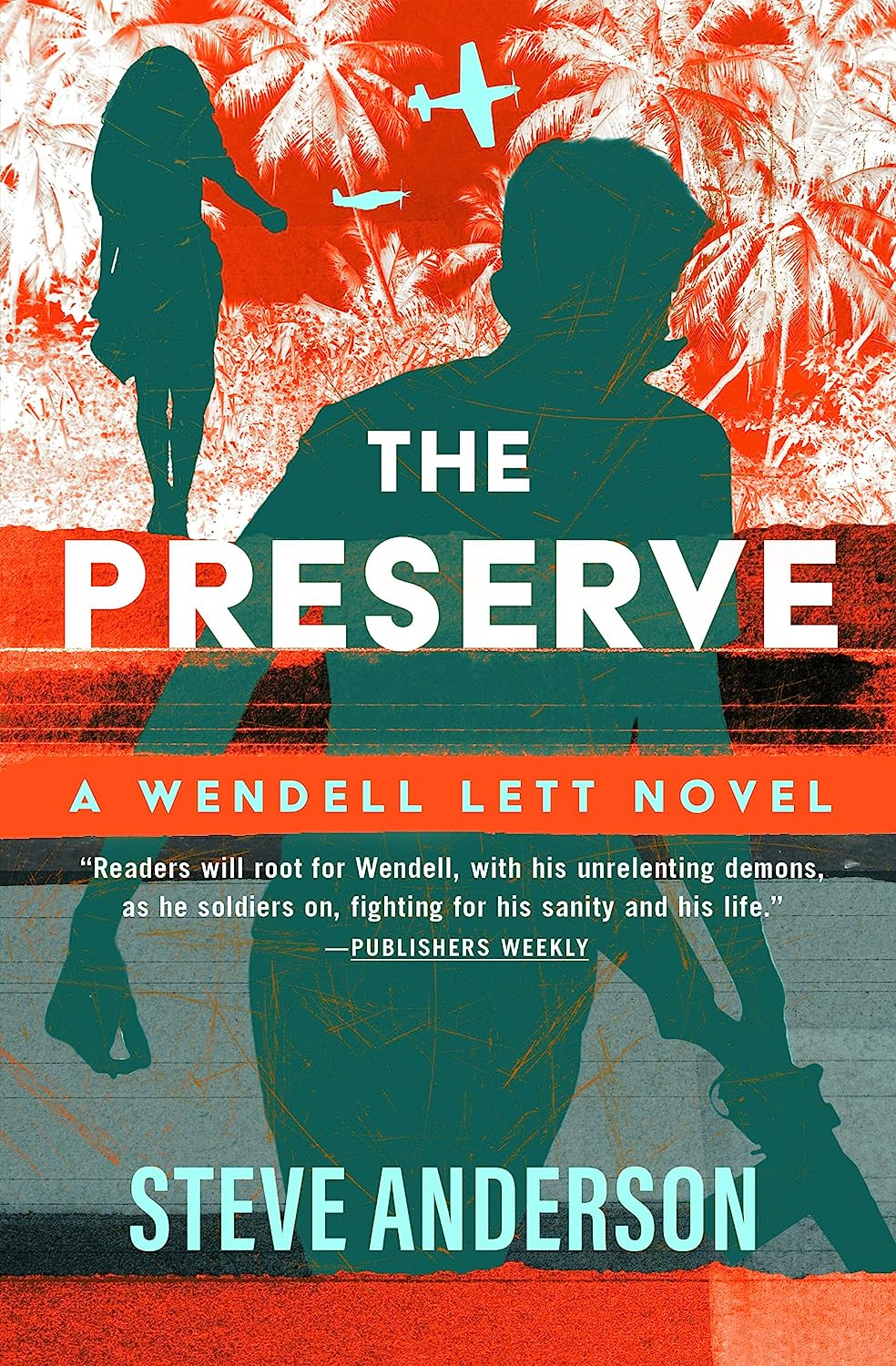 The Preserve (The Wendell Lett Novels #2)
The Preserve (The Wendell Lett Novels #2) by Steve Anderson
Rating: 3.25* of five
The Publisher Says: A WWII vet finds himself trapped inside a sinister military experiment in this historical thriller based on true events and sequel to Under False Flags.
Hawaii, 1948. In World War II, Wendell Lett was considered a hero before he became a deserter. Now he's looking for a cure for his severe combat trauma, and The Preserve seems to be his salvation. Run by military intelligence, the secretive training camp promises relief from the terrors in his mind. Together with tough-minded Hawaiian Kanani Alana, who's also looking for a new start at The Preserve, Lett begins to feel hopeful.
But soon Lett discovers the chilling, true purpose of his treatment. The Preserve intends to rebuild him into a cold-blooded assassin-whether he's willing to cooperate or not. His only hope is Alana's dangerous escape plan. But even if it succeeds, he'll still have to survive a merciless manhunt through the harsh wilderness of the Big Island.
I RECEIVED A DRC FROM THE PUBLISHER VIA EDELWEISS+. THANK YOU.
My Review: Quite a lot of Goodreads reviews sang five-star epithalamiums at this book. I was not enamored in that high a degree. I
was entertained, and enjoyed this sequel to a book I wrote a one-word note about: "Okay." With the best will in the world, I can't do diddly with that.
This story intrigued me because I'm deeply interested in PTSD. I thought there'd be more about it than there was, but it really wouldn't exist as a story without it, so it's actually hugely present...just not explicitly all the time. I'm not sure modern psychology agrees that it's possible to do what's done here, but honestly just didn't care. Hawaii is a great setting for this dark little entertainment.
Open Road Media (
non-affiliate Amazon link) charges $9.99 for a Kindlebook.
++++++++++++++++++++++++++++++++++++++++++++++++++++++++++++++++
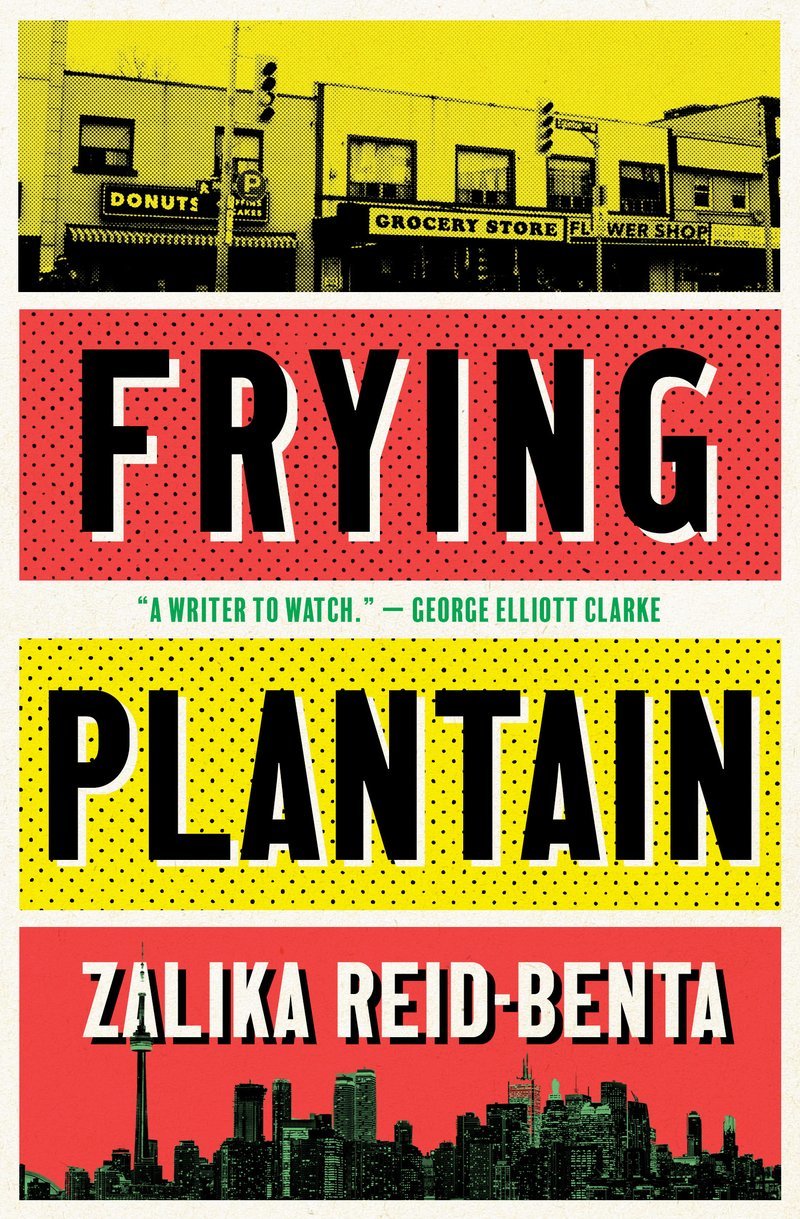 Frying Plantain
Frying Plantain by Zalika Reid-Benta
Rating: 3.5* of five
The Publisher Says: Set in the neighbourhood of “Little Jamaica,” Frying Plantain follows a girl from elementary school to high school graduation as she navigates the tensions between mothers and daughters, second-generation immigrants experiencing first-generation cultural expectations, and Black identity in a predominantly white society.
Kara Davis is a girl caught in the middle—of her North American identity and her desire to be a “true” Jamaican, of her mother and grandmother’s rages and life lessons, of having to avoid being thought of as too “faas” or too “quiet” or too “bold” or too “soft.” In these twelve interconnected stories, we see Kara on a visit to Jamaica, startled by the sight of a severed pig’s head in her great-aunt’s freezer; in junior high, the victim of a devastating prank by her closest friends; and as a teenager in and out of her grandmother’s house, trying to cope with ongoing battles of unyielding authority.
A rich and unforgettable portrait of growing up between worlds,
Frying Plantain shows how, in one charged moment, friendship and love can turn to enmity and hate, well-meaning protection can become control, and teasing play can turn to something much darker.
I RECEIVED A DRC FROM THE PUBLISHER VIA EDELWEISS+. THANK YOU.
My Review: Braided stories that really wanted to be a novel. The issue with that is, to make a novel in its ordinary form, one would've been required to snip most of these strands and put in a LOT of "development" for the survivors. I put that in sarky quotes because I think that's usually an excuse to pad stories with stuff not hugely relevant and often enough not that well thought out. Author Reid-Benta chose moments and details that count; used them sparingly; and gave us a mosaic of Caribbean-Canadian life that works well. As long as you know going in that you're not getting an ordinary novel.
It's a fine and complicatedly narrative character study, and ideal for the gift-card holder who needs something to absorb their attention while offering logical stopping points, that isn't as incompletely immersive as a story collection.
Astoria (
non-affiliate Amazon link) asks a not-cheap but not-unreasonable $14.95 on Kindle.
++++++++++++++++++++++++++++++++++++++++++++++++++++++++++++++++
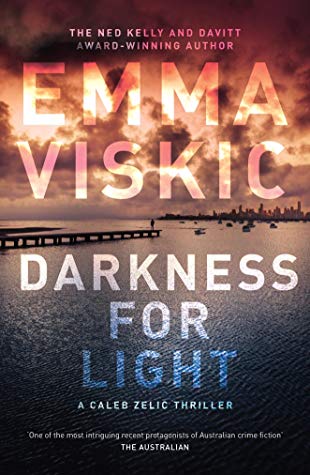 Darkness for Light (Caleb Zelic #3)
Darkness for Light (Caleb Zelic #3) by Emma Viskic
Rating: 3.5* of five
The Publisher Says: Caleb Zelic can't hear you. But he can see everything.
After a lifetime of bad decisions PI Caleb Zelic is finally making good ones. He's in therapy, his business is recovering and his relationship with his estranged wife Kat is on the mend.
But soon Caleb is drawn into the tangled life of his troubled ex partner Frankie, which leads to a confrontation with the cops. And when Frankie's niece is kidnapped, she and Caleb must work together to save the child's life. But can Caleb trust her after her past betrayals?
I RECEIVED A DRC FROM THE PUBLISHER VIA EDELWEISS+. THANK YOU.
My Review: Interesting amateur-sleuth noir, with a Deaf person PI, who possesses a set of tremendously, consciously hyperdeveloped obsevational skills. He's got the usual woman problems, the accustomed bad luck that lands him in awkward situations, and the starchy sense of honor that prevents him from doing what the rest of us do: ignore the problem and walk away.
Entertaining, nicely calibrated change rung on the the themes we all love in our noirs. As third in series, I was not ever "at sea" or uncertain of my footing, so starting here's fine. Anyone know Nyle DiMarco? This is a TV series idea he'd be great for.
Pushkin Vertigo (
non-affiliate Amazon link) wants a very reasonable $9.99 for the Kindlebook. I liked it more than that.
++++++++++++++++++++++++++++++++++++++++++++++++++++++++++++++++
 Those Who Perish (Caleb Zelic #4)
Those Who Perish (Caleb Zelic #4) by Emma Viskic
Rating: 3.5* of five
The Publisher Says: The thrilling finale of the groundbreaking Caleb Zelic series, from the award-winning author of Resurrection Bay
Caleb Zelic can't hear you. But he can see everything.
Caleb's addict brother, Anton, has been missing for months, still angry about Caleb's part in his downfall.
After almost giving up hope of finding him, Caleb receives an anonymous message alerting him to Ant's whereabouts and warning him that Ant is in danger. A man has been shot and Ant might be next.
Caleb reluctantly leaves his pregnant wife's side and tracks his brother to an isolated island where Ant has been seeking treatment. There, he finds a secretive community under threat from a sniper, and a cult-like doctor with a troubling background.
Caleb must hunt for the sniper to save Ant, but any misstep may ruin their faltering reconciliation, and end in death. When body parts begin to wash up on shore, it looks like the sniper is growing more desperate...
I RECEIVED A DRC FROM THE PUBLISHER VIA EDELWEISS+. THANK YOU.
My Review: Family is at the heart of this final outing in the Cal Zelic series. It's been a road for Cal, finding his emotional and professional footing. His life, as all our lives, can only be lived forward and understood backward. He's got the hardest bits ahead now, facing fatherhood and repairing siblinghood.
Add some professional puzzle-solving stress, and this is one pacey little read in all the best ways. I like Cal, and I like the Aussie setting, and I really want someone to get this in development for Deaf actor Nyle DiMarco more now than I did after the third one. Cal's deafness is a very well-integrated part of his method of working. I'd love this to come on my streaming service. Soon, please, I need fresh stories, and this one's in a completed series.
Pushkin Vertigo (
non-affiliate Amazon link) wants a still-reasonable $9.99 for this one, too.
++++++++++++++++++++++++++++++++++++++++++++++++++++++++++++++++
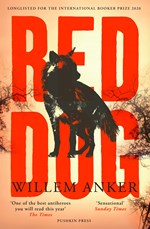 Red Dog
Red Dog by Willem Anker (tr. Michiel Heyns)
Rating: 3.75* of five
The Publisher Says: A blistering, brutal novel of the South African frontier from a major new literary voice
In the eighteenth century, a giant strides the border of the Cape Colony frontier. Coenraad de Buys is a legend, a polygamist, a swindler and a big talker; a rebel who fights with Xhosa chieftains against the Boers and British; the fierce patriarch of a sprawling mixed-race family with a veritable tribe of followers; a savage enemy and a loyal ally. Like the wild dogs who are always at his heels, he roams the shifting landscape of southern Africa, hungry and spoiling for a fight.
Red Dog is a brilliant, fiercely powerful novel - a wild, epic tale of Africa in a time before boundaries between cultures and peoples were fixed, based on the life of a real historical figure.
I RECEIVED A DRC FROM THE PUBLISHER VIA EDELWEISS+. THANK YOU.
My Review: There are no places left where big, loud, crude, larger-than-life men can go to be themselves. De Buys would be, in almost any place in the twenty-first century, in prison for at least a half-century for fraud; a few years for rape; a few months for just being too much for the people around him. This was, in fact, the way things were headed in eighteenth-century Europe so he went to Africa.
A white man with multiple African wives, with no manners and a mean streak a mile wide, and no fear for scare was exactly what the colonists needed...though they made sure to let all and sundry including de Buys know that they held him in contempt. Marrying African women and getting sons on them?! Horrors! (Ignoring of course their own bastards born of rape; *they* were never called family like de Buys' get were.) History we just do not tell ourselves is nonetheless history. Willem Anker did a fine job rescuing one man shoved into the memory hole.
Pushkin Press (
non-affiliate Amazon link) says "$13.99 please" for a Kindle book. Even if I can't overlook my own twenty-first century distaste for him, de Buys was important and deserves to be remembered.
++++++++++++++++++++++++++++++++++++++++++++++++++++++++++++++++
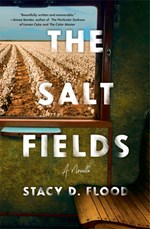 The Salt Fields: A Novella
The Salt Fields: A Novella by Stacy D. Flood
Rating: 3.5* of five
The Publisher Says:
The Salt Fields chronicles this day's journey of four African-American passengers—Minister, a soldier named Carvall, and the young couple Lanah and Divinion, each searching for a new life, but none sure of what that means—as they travel through a myriad of locations, histories, and events that shape who they are, what they dream, what they are escaping, who they will eventually become, and what experiences they will have to endure in order to do so.
On the day that Minister Peters boards a train from South Carolina heading north, he has nothing left but ghosts: the ghost of his murdered wife, the ghost of his drowned daughter, the ghosts of his father and his grandmother and the people who disappeared from his town without trace or explanation. In the cramped car, Minister finds himself in close quarters with three passengers also joining the exodus from the South—people seeking a new life, whose motives, declared or otherwise, will change Minister's life with devastating consequences.
I RECEIVED A DRC FROM THE PUBLISHER VIA EDELWEISS+. THANK YOU.
My Review: Beautiful, meditative tale of the absolute Hell on Earth of the Jim Crow South, told from the PoV of some escapees as they leave 1947 South Carolina. The events that cause each one to leave, in 128 pages, are sketched in; maybe that's for the best, but it left this old white man thinking it might shoulda been a short story, or a novel.
I'm all for novellas, make no mistake; the form's got a sweet spot that just sings when it's hit. In this case, I felt Minister Peters, as the most opaque character, would work in a récit about him alone. Here, I want to know a lot more about his losses as they affected him when they happened, and why it took him so long to leave South Carolina.
Lanah and Divinion are characters I got too little of; particularly their origin as a couple; so I was not terribly interested in their story. The perfect balance came from the very ordinary Carvall. I got exactly the right story fragment from him. I'm glad I read it because the sentences are so lovely. I think anyone interested in the Great Migration, or the Black culture of Jim Crow times, would love the read.
Lanternfish Press (
non-affiliate Amazon link) charges $13.25 for a Kindle edition. Used paperbacks will be cheaper.
++++++++++++++++++++++++++++++++++++++++++++++++++++++++++++++++
 Resist Everything Except Temptation: The Anarchist Philosophy of Oscar Wilde
Resist Everything Except Temptation: The Anarchist Philosophy of Oscar Wilde by Kristian Williams (ed.)
Rating: 3.75* of five
The Publisher Says: A book that penetrates the surface of the Oscar Wilde mythos to uncover the radical politics that propelled his art.
Oscar Wilde is remembered as a wit and a dandy, as a gay martyr, and as a brilliant writer, but his philosophical depth and political radicalism are often forgotten.
Resist Everything Except Temptation locates Wilde in the tradition of left-wing anarchism, and argues that only when we take his politics seriously can we begin to understand the man, his life, and his work. Drawing from literary, historical, and biographical evidence, including archival research, the book outlines the philosophical influences and political implications of Wilde's ideas on art, sex, morality, violence, and above all, individualism. Williams raises questions about the relationships between culture and politics, between utopian aspirations and practical programs, and between individualism, group identity, and class struggle. The resulting volume represents, not merely a historical curiosity, but a contribution to current debates within political theory and a salvo in the broader culture wars.
I RECEIVED A DRC FROM THE PUBLISHER VIA EDELWEISS+. THANK YOU.
My Review: Re-reading my elder sibling in queerness Oscar Wilde's wildly witty aperçus as leftist coded messages? Sign me up! I'll trot down this happy trail as fast as you like. What happens is a bit different than I was imagining it might be. Wilde was a protean character by his own design. Political movements like anarchism are (ironically) a lot more prescriptive in their roles than Wilde could ever have forced himself to be. He wrote: "A man belongs to his age even when he struggles against it." The fact is I'd never bothered to consider his struggles against his own racism, antisemitism, and even sexism, in any serious light. It makes perfect sense that an Irish man of his generation and privileged class would partake of them all even as he grew into ever more Socialist modes of thought.
Why I stop just short of four stars is I'd've liked more attention to be paid to journalism (eg, “The Soul of Man under Socialism”) than the commentary on
The Importance of Being Earnest and
De Profundis, which are well-studied and familiar...no matter that the commentary was trenchant, it adds nothing new to Wilde's thought-development...it can't.
AK Press (
non-affiliate Amazon link) asks $15.20 for the Kindle edition; used trade paperbacks are a lot less, and at any price very well worth your gift-card money.
++++++++++++++++++++++++++++++++++++++++++++++++++++++++++++++++
 The Party Upstairs
The Party Upstairs by Lee Conell
Rating: 3.75* of five
The Publisher Says: An electrifying debut novel that unfolds in the course of a single day inside one genteel New York City apartment building, as tensions between the building's super and his grown-up daughter spark a crisis that will, by day's end, have changed everything.
Ruby has a strange relationship to privilege, having grown up the super's daughter in the basement of an Upper West Side co-op that is full-on gentrified, and getting more so with each passing year. She wasn't economically privileged herself, but her close childhood friendship with the daughter of wealthy tenants named Caroline, and the mere fact of living in a lovely neighborhood, close to her beloved Natural History Museum and just across the park from the Met, brought with them certain real advantages, even expectations. Naturally Ruby followed her dreams and took out large student loans to attend a prestigious small liberal arts college and explore her interest in art.
But now, out of school for a while, she is no closer to her dream job, or anything resembling it, and she's been forced by circumstances to do the last thing she wanted to do: move back in with her parents, back in the basement apartment of the building. And Caroline is throwing one of her parties tonight, in her father's glorious penthouse apartment, a party Ruby looks forward to and dreads in equal measure.
With exquisite narrative control,
The Party Upstairs distills down worlds of wisdom about families, great expectations, and the hidden violence of class into the gripping, darkly witty story of a single fateful day inside a single Manhattan co-op. Told from the alternating perspectives of the super, Martin, and his daughter, Ruby, as they are obliged, one way or another, to interact with the various species of inhabitant of the little ecosystem of their building, the novel builds from the spark of an early morning argument between Martin and Ruby to the ultimate conflagration that results by day's end. By the time the ashes have cooled, the façade that masks the building's power structures of dominance and submission will have burned away, and no party will be left unscathed.
I RECEIVED A DRC FROM THE PUBLISHER VIA EDELWEISS+. THANK YOU.
My Review: Nicely observed, well-told
Sabrina story. Martin, the super, resonated with me in his fed-up hadditness; as did Lily, the elderly principled holdout rent-controlled tenant. Caroline, the rich girl, was bland to the point of being invisible; Ruby, resentful arriviste manquée, I disliked more and more as the pages turned.
I couldn't get to a fourth star because the conflicts were given more weight than I felt they merited based on how they're presented. I'm well aware that, in real life, the point of ignition for a cataclysmic blaze isn't always consequential, but when we're retreading paths at least seventy years old, I want more than the minimum in all aspects of the storytelling. This was the author's first novel, so I'm not mad, I'm mildly disappointed.
Penguin Press (
non-affiliate Amazon link) only wants $5.99 for a Kindle edition, which is excellent value for money.
++++++++++++++++++++++++++++++++++++++++++++++++++++++++++++++++

